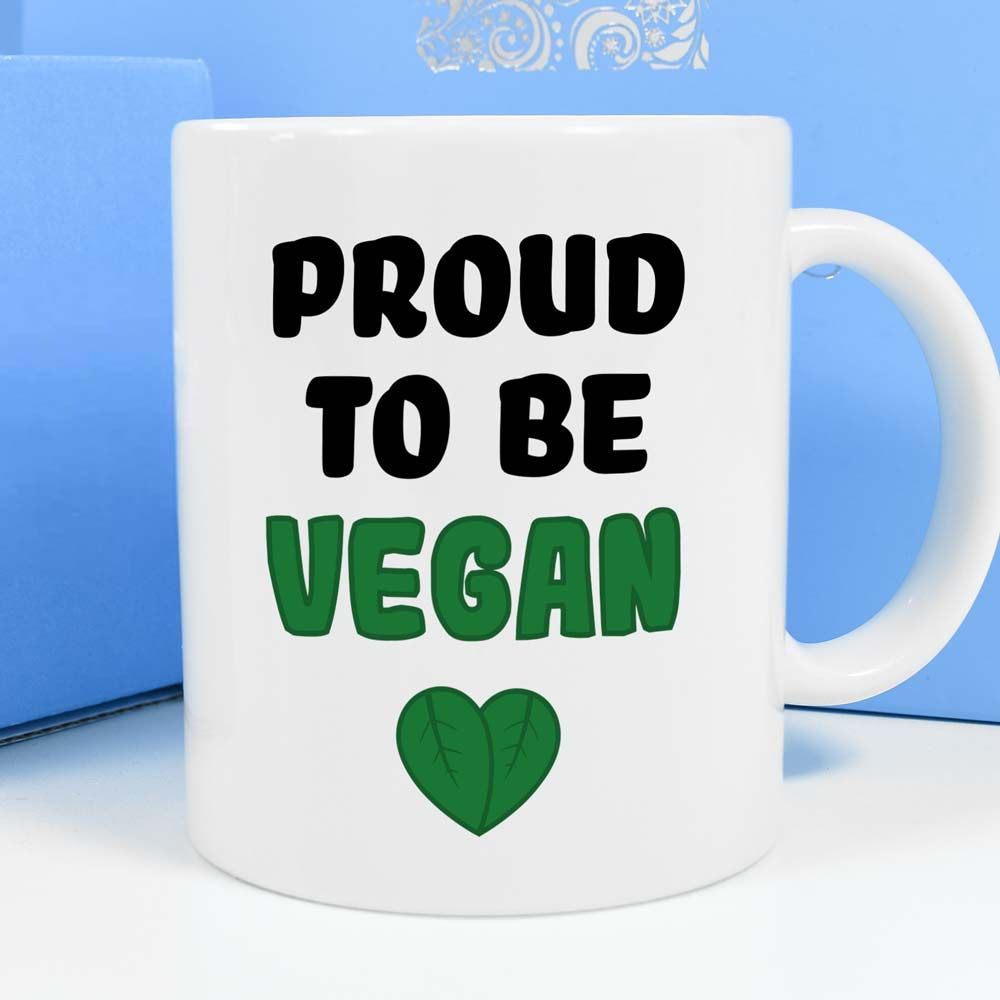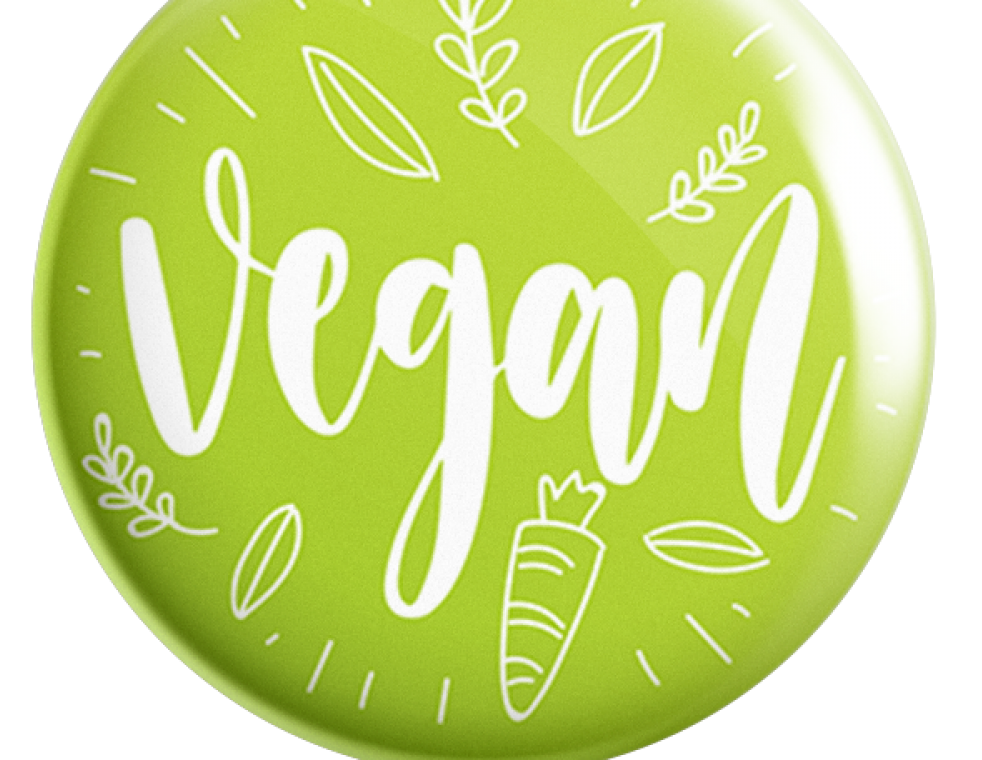If you do want to be more conscientious, there are some great vegan wines out there, many at excellent prices. Hill lists four reds and four whites that may appeal.

Alex Hill, Armit Wines brand manager
Skirting casually by Dry January, January this year has seen another popular trend making strides in helping consumers detox after the continual binge of Christmas and New Year – Veganuary.
Many consumers don’t consider dietary requirements like veganism when picking a wine, or sommeliers when designing a list, but as soon as soon as one wine is marked as vegetarian or vegan, questions begin to arise along the lines of “Wait, what, why is that special? Are other wines not vegan? Are vines actually secretly some sort of cow?”
These are not unreasonable questions to ask. Except maybe the cow one, because no, vines are definitely still plants.
It’s quite simple to explain this to the more inquisitive customer. When making wine, after the grapes have fermented to produce delicious, delicious alcohol, most wine undergoes a process known as ‘fining’. This removes small chemical compounds leftover from the winemaking process, which might cause a few problems – the wine might go hazy, an unexpected deposit might develop, or, in some cases, there might be a risk of the wine going bad quickly. This isn’t unusual for any mass-produced product, particularly food and drink. When you serve a wine you expect it to not have anything floating in it, right? And consumers expect it to taste roughly the same as last time – this is all part of the process.
Unfortunately, some of the materials used in fining are animal products. Protein derived from milk, for example, egg albumen, even pork gelatin can be used. In probably the most bizarre example, some winemakers choose to use isinglass, which is kind of a sheet made out of fish guts. On a chemical level, these all carry the correct electrical charge to make the unwanted compounds clump together so they can be filtered out. Over time, these are the products that have achieved the best results for many winemakers.
I need to stress that even if these products are used, the amount left in a finished bottle of wine (if any) would be infinitesimal. If you are lactose intolerant, for example, there’s no reason to worry about the milk products. That said, it’s easy to understand if this is a little shocking – seeing how the proverbial sausage is made can be off-putting.
However, these are not the only options. One of the most common fining ‘agents’ used in the modern industry is actually bentonite, a particular type of clay whose use makes wine suitable for vegans. Another increasingly common option is to simply not fine the wine – something that a lot of fine wines already do, as there is an argument that this process can remove some flavour. Even for more everyday wines, filtering the wine through a very fine mesh can remove a lot of the unwanted substances, although this does tend to raise the price of the end wine.
After all that, most vegetarians or vegans I have spoken to personally have elected not to care. That’s not just willful ignorance either – the presence of these compounds in the wine is negligible for many, so it depends how strongly you object to their use at all.
Unfortunately, wine producers are not legally bound to list all ingredients in the EU or the UK so it’s difficult to know exactly what has been used and make a more informed decision. Allergens such as milk or eggs must be listed for example, but not necessarily other animal products. There is, however, a growing call for this to change, with good reason.
A good supplier will fill in the blanks and highlight producers who fit the criteria, and restaurants and retailers are beginning to do the same for the end consumer.

There are also plenty of wines out there that don’t use any animal products but aren’t marked as vegan because they haven’t got round to being certified, it’s too expensive to do so, or maybe they just don’t want to.
If you do want to be more conscientious, there are some great vegan wines out there, many at excellent prices. At Armit Wines, we see this as a key category for development, and proud to represent some fantastic vegan producers:
White
- Digby Vintage Brut, 2010 from England’s first négociant sparkling, made by the indomitable Dermot Sugrue. This wine just won a gold medal and ‘Best in Class’ for English Vintage Brut at Tom Stevenson’s Champagne and Sparkling World Championships.
- Terroir Sense Fronteres, Brisat, 2017 – skin-contact Grenache Blanc from Montsant, made by Domink Huber of Terroir al Limit in Priorat. Tangy and fresh with a delightful blossom note.
- Astrolabe, The Wrekin Chenin Blanc, 2016 – rich and vibrant single-vineyard produced in the southern part of Marlborough. Pairs excellently with east-asian food.
- Domaine Huet, Vouvray Le Haut-Lieu Demi-Sec, 2017 – Huet will always be the be-all-and-end-all of Vouvray. Their 2017s are all glorious, but this is my favourite – juicy, round, and supple with a cracking finish.
Reds
- Querciabella, Chianti Classico, 2016 – a wonderfully mineral, high-altitude Sangiovese from a cracking vintage. They simply had to feature on this list – they are possibly the most vocally vegan wine producer in the world.
- Château Maris, La Touge, 2017 – Cru Minervois from arguably the most eco-friendly winery in the world, makes sense that their wines are all vegan! Maris are a new producer with Armit, and the Touge offers stunning value.
- Musella, Valpolicella Superiore, 2017 – incredibly pure and energetic Valpolicella with a pleasing herbal twist. Grown on limestone topped with red clay just outside Verona, a really unique site.
- Agripunica, Barrua, 2015 – Sensuous, spicy red with a particular rosemary character, a blend of Carignano/Cabernet/Merlot made in the south of Sardinia. Drinking beautifully now.
To find out more about any of these wines, please email support@armitwines.co.uk
A version of this article first appeared on Cork High Bottle Deep, the personal blog of Armit Wines brand manager Alex Hill.









































